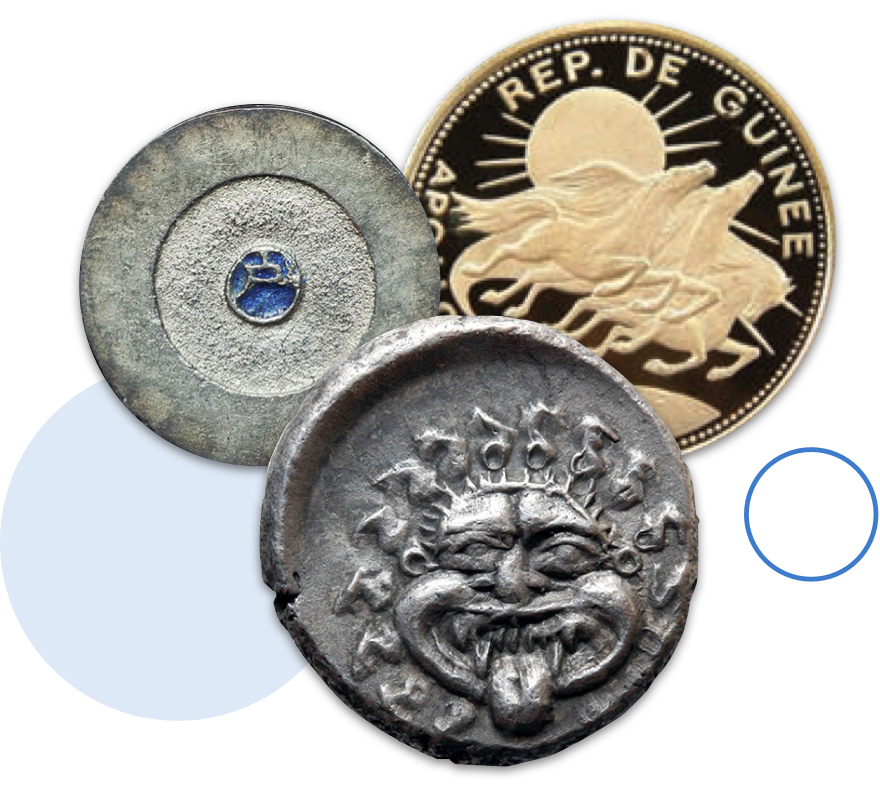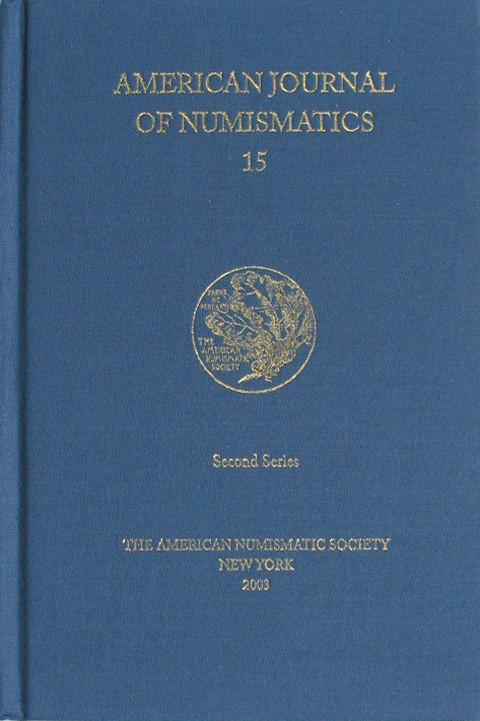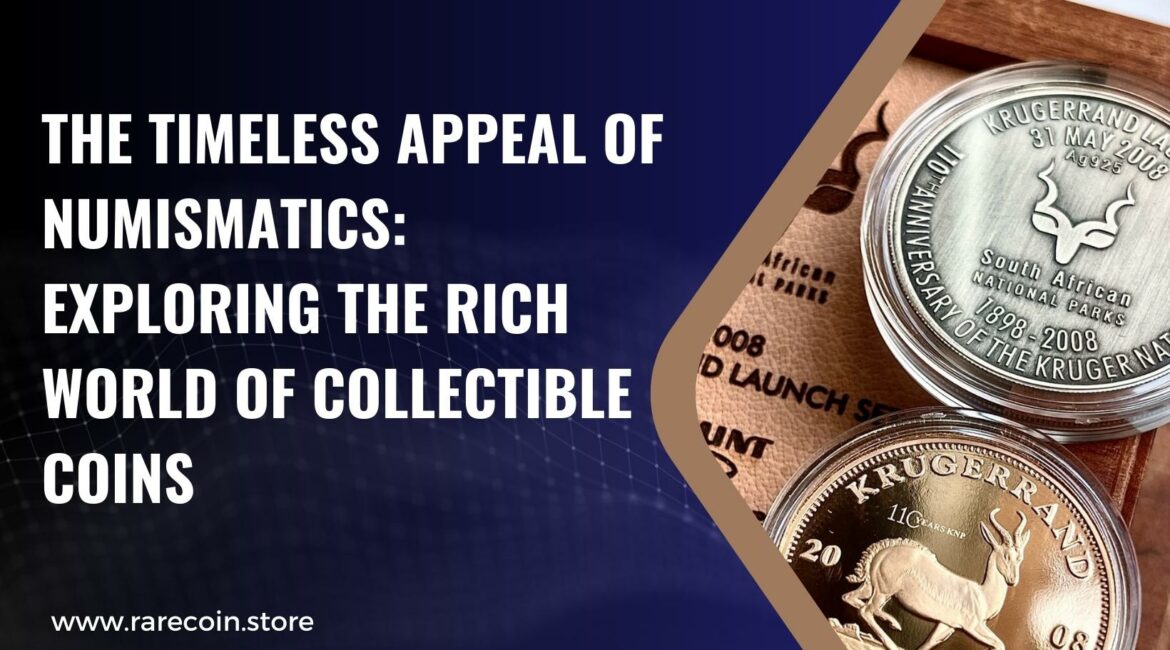Excellent News For Deciding On Coin Magazine And Coin Mintmark
Excellent News For Deciding On Coin Magazine And Coin Mintmark
Blog Article
How Do I Use A Database To Research Numismatics Regarding Mints?
The following is a structured way to study numismatics and their relation to mints. This is a methodological approach to choosing a database Select a database that has a specialization in numismatics and historical data on coins. Numista as well as online catalogs by major mints like the United States Mint (or the Royal Mint) or academic databases that archive research in numismatics are options.
Define Research Focus: Specify your research objectives. You may be looking for the output of a certain mint, or in technological advancements or in the culture and economic impact of the mint's operations, or in its history. Tailor your search queries accordingly.
Search Strategy: Use words related to mints or numismatics like "mints history", "mint production" and "coin-minting techniques" as well as include the name of the mint you'd like to learn about. You can use advanced search tools to sort the results by type of document (such historical reports, academic papers, catalog entries, etc.).) as well as by geographical region.
Data Collection: Collect information on the mint's founding date as well as historical periods of operation, denominations and types of the coins that were produced, as well as the methods of minting (such hand-striking versus the machine striking) and any notable events or changes in the past. Catalogs or databases detailing the specific coins that were minted based on dates, denominations, designs or design, etc.
Analysis: Review your data to identify patterns, trends and variations in techniques used for minting across different periods or geographical locations. Examine the evolution of coin design as well as changes in the composition of metal as well as technological advancements that have impacted coin production.
Cross-Referencing - Verify your findings by using data from several sources within the database. Ensure accuracy and completeness of your research by using this method.
Documentation: Make sure you note your findings in an organized manner. Cite sources and note the methods you used. Keep a log of all the databases you've accessed and the search terms you used, and the degree to which each one is to your research objectives.
Keep updated: Numismatic research changes constantly with new publications and discoveries being created. Keep up to date by frequenting the database in search of updated information, newly-digitized archives, or the most recent publications in scholarly research.
These steps can assist you to make use of databases to do thorough research about mints and numismatics. This approach allows you to look into the technical, historical and cultural factors associated with the creation of coins. It will provide useful insights into the evolution of numismatics throughout the course of time. Follow the most popular numismatic investment tips for website info including currency authentication, coin errors, currency exchange, banknote rarity, coin release, slovak coins, banknote identification, banknote display, coin storage, banknote grading and more.
What Can I Learn More Information About Numismatics, Especially In Regards To Shows And Exhibitions Events By Utilizing An Numismatics Database?
This research involves using databases to archive information on exhibitions, shows and conferences that are related to numismatics. This is a structured method to conduct such research. You can use websites from important numismatic associations like the American Numismatic Association or online platforms with global numismatic event listings.
Define Research Focus: Specify your research objectives. Are you interested to explore the upcoming numismatic exhibitions and previous ones? What about conferences focused on Numismatics or regional coin shows? Thematic exhibits or education events. Find out the purpose of your search.
Search strategy: Use keywords to search for "numismatic" exhibitions and events, "coin shows", "numismatic conferences". If you are able to you could also include event names or places. It is possible to use advanced search features to filter the results by event type like exhibitions, conferences, or by geographic region.
Find information about past and upcoming numismatic shows and other events. Find out the dates of events, places and organizers, as well as any themes or special collection included, as well as exhibitor participation and publications. Search for databases that offer virtual tours, or access to exhibit materials in digital format.
Analyze data to identify themes, trends and educational objectives for numismatic exhibits and events. Analyze how exhibitions and shows help to increase knowledge of the numismatic field, encourage scholarly exchange and highlight important collections.
Cross-Referencing. Check that your information is true by comparing it with other databases, lists of events, and official websites. This ensures completeness and accuracy of your research. This will provide complete information on the numismatic activities in all of.
Documentation. Document your research findings by citing sources and jotting down any methods you used. Keep track of details on the databases used, search terms used, as well as the significance of each source to your research needs.
Stay informed. Numismatic activities change regularly by introducing new shows, conferences and exhibitions. Stay current by monitoring the latest news from numismatic societies, event organizers, as well as specialized databases for the latest details on events coming up.
You can use databases to investigate numismatics related to events, exhibitions and shows by following these simple steps. This method allows for a thorough study of the range, educational value, and academic value of numismatic exhibits and events across the globe. Follow the recommended my latest blog post on numismatic investment for website advice including quarter, coin artist, rial, silver, banknote rarity, coin book, currency dealer, coin book, currency exhibition, austrian coins and more.
How Can I Conduct Research On Numismatics With Respect To Legal Experts With A Database On Numismatics?
A structured approach to conducting this study: A systematic approach is offered to help you conduct this research. Legal research platforms such as Westlaw as well as LexisNexis are examples, as well with the numismatic journals, publications of organizations that specialize in numismatics, as well as numismatic law journals.
Define Research Focus: Specify your research objectives. Are you looking to learn more about the legal regulations that govern coinage, currency, and numismatic disputes Are you seeking guidelines on the production of coins circulation, circulation, or legal interpretations on numismatic ownership and authenticity? Clarify your focus in order to direct your research.
Search Strategy: Add keywords like "numismatic law," or "legal aspects of coinage" or "numismatic conflicts," and then add specific legal concepts such as ownership, authenticity, and counterfeiting, if appropriate. Results of a search can be filtered by date and jurisdiction (national or international,) and also the legal issues that pertain to the numismatic field.
Data Collection Access to precedents in the law such as court decisions, legislative texts and scholarly articles on the law of numismatics. Gather details, like summaries of cases or legal analysis and interpretations on relevant statutes. Also, gather historical perspectives.
Analysis: Analyze information to better understand the issues and legal implications of numismatics. Examine how legal frameworks influence numismatic trade collections management, authentication and collection procedures. Compare and contrast the legal interpretations of different jurisdictions as well as historical times.
Cross-Referencing. Make sure that the information you have is correct by cross-referencing it across multiple databases. This includes legal journals, court documents, and academic papers. This allows you to make sure you are conducting a thorough investigation and getting the complete understanding of the law of numismatics.
Documentation. Note your findings in research papers by citing the sources you consulted and documenting the research method. Record details about the databases accessed, search terms used, and the relevance of every source you use to answer your research needs.
Be informed The law of numismatics and its interpretations evolve with legislative changes and court decisions. Keep abreast of legal developments by keeping track of updates on legal databases, books on numismatics law and numismatic societies.
Databases can be used to study numismatics as well as experts in the field of law by following these steps. This approach allows you to study the legal frameworks, problems and scholarly interpretaions that intersect the field. Take a look at the recommended rare coins for blog advice including uncirculated coins, mint condition, coin grading, authenticity, peso, austrian coins, platinum, bullion coins, rial, coin society and more.
How Do I Research Numismatics By Using A Database Designed With Historical Archives In Mind?
Investigating numismatics related to historical archives requires the use of databases that are focused on archives, historical documents, numismatic artifacts and records of numismatic transactions. A methodological approach is available to aid you in this kind of research. Examples include sites of museums archives, national archives and special numismatic platforms.
Define Research Focus: Specify your research objectives. You may be interested in learning about the history of collections, numismatics or coins, or historical transactions. Know what you're trying to find in order to aid your search.
Use keywords to search for numismatic records, historical coin collections, and archival records relating to the field of coinage. If applicable, you can also include historical periods of time as well as geographic regions or numismatic themes. Search results with advanced tools to include dates, documents of various types, (such as correspondence, catalog entries, and manuscripts) or archival repositories.
Data Collection: Access digitally digitized historical documents, archives and other numismatic details. Find information like catalogs for auctions, photographs of coins of the past, and the records of acquisitions made by museums.
Analysis: Analyze and interpret the data in order to get a better understanding of the historical contexts, as well as the stories surrounding the numismatic objects. Examine how coins played a role in trade and commerce as well as in cultural and political exchanges and in the understanding of historical events and social shifts.
Cross-Referencing - Verify the accuracy of your research by comparing data from multiple databases, archives, museum catalogues and other historical publications. This will ensure the accuracy and completeness of your research, providing an extensive view of numismatic history as documented in historical archives.
Documentation: Documentation is important. Cite sources and note the methods you used. Notate the database names or search terms, as well as the relevance of each source in relation to your study.
Keep up to date: Numismatic and historical archives as well as other relevant information are studied and documented. Keep track of updates from archives. museum collections. and books on scholarly research to stay up to date on the latest discoveries in numismatics.
Follow these steps to use databases effectively to explore the numismatics of historical archives and numismatics. This approach enables a deep dive into the historical contexts, cultural influences, and the societal impact of numismatic artifacts, offering valuable insights into the evolution of coinage and its significance throughout history. See the most popular currency forum blog for blog tips including uncirculated, rand, banknote magazine, coin minting, commemorative coins, banknote show, currency exhibition, euro, coin series, currency and more.
How Do I Research Numismatics, In Regards To Industry Consultants?
Here's a systematic approach to conducting research like this: Database Selection: Choose databases that are specialized in consulting firms, industry reports, and publications that are relevant to numismatics. Here's a method to conduct such research:Database Selection: Choose databases that specialize in consulting firms, industry reports and publications relevant to the field of numismatics. Examples include websites or business directories as well as publications from numismatic groups and databases that specialize in specific industries.
Define Research Focus: Specify your research objectives. You may be interested in consulting services for the numismatic industry or in reports on market analysis regarding numismatics, or in the expertise of consultants in certain areas of numismatics. Find out the key to your search.
Search Strategy: Utilize keywords like "numismatic industry consultants," "consulting firms in the field of numismatics,"" "market analysis of coins," as well as include specific specializations or geographic regions where relevant. You can use advanced search to narrow the results down by specialties of consultants or consulting services.
Data Collection: Access to information on consulting companies that specialize in numismatics. Also, industry consultants who provide services to businesses that deal in numismatics. Find information about consultants, such as profiles, specialization areas (market analysis and collection management, authentication) and testimonials from clients and reports written by industry experts.
Analysis: Analyze the data to understand the roles and contributions of consultants from industry in numismatics. Evaluate the methods and expertise employed by consultants who advise on investment in numismatics, trends in the market, or collection management.
Cross-References: Ensure the accuracy of your data by comparing it with other databases, publications from organizations for numismatics and reports from the field. This will ensure the accuracy of your research and complete, providing you with a full understanding of the consulting world in the field of numismatics.
Documentation - Document your research findings in a systematic manner by noting the sources and the methods you used. Take note of the information in the databases you visited, the search terms you utilized, as well as how each resource relates to your research question.
Stay up-to-date: Trends in the market and consulting services in numismatics are changing as economic conditions change and regulations. Keep track of updates on the websites of consulting firms, industry reports and publications of societies for numismatics to keep up with the most current industry trends.
You can make use of databases to investigate numismatics as well as consultants in this field. This technique allows for an in-depth study of the advice services, market analysis, and strategic advice provided by consultants within the numismatic industry, offering valuable perspectives on the business's operations, investment strategies and market dynamics in numismatics. Check out the most popular banknote artist for more tips including coin authenticity, penny, bullion coins, silver coins, coin news, copyright detection, proof coins, dime, copyright detection, currency and more.